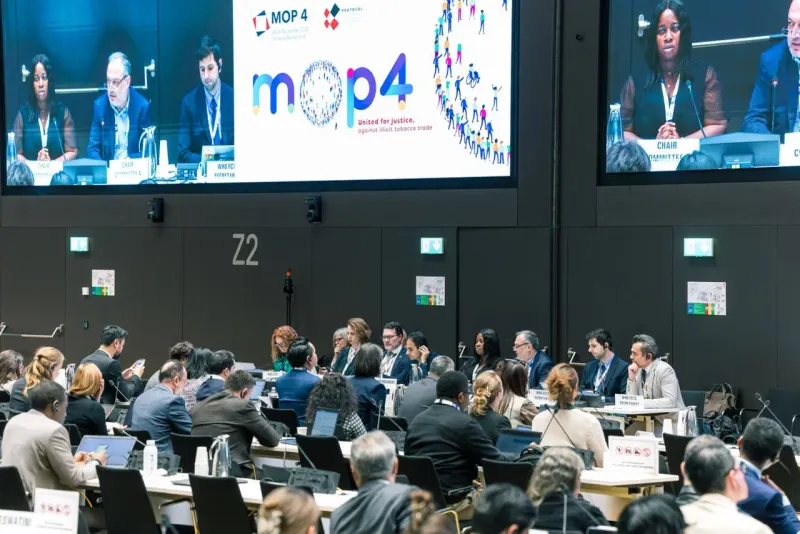
The Fourth session of the Meeting of the Parties (MOP) to the Protocol to Eliminate Illicit Trade in Tobacco Products concluded with a series of decisions aimed at enhancing international cooperation in combating illegal tobacco trade.
Developed in response to the global challenge of illicit tobacco trade, the Protocol addresses a market estimated to account for about 11% of global tobacco sales. Experts suggest that eliminating this illegal trade could boost global tax revenues by roughly US$47.4 billion annually.
The session, held in Geneva from 24–26 November, brought together representatives from 60 Parties. Discussions focused on strengthening the implementation of international cooperation, mobilizing financial resources for Protocol enforcement, licensing, and controlling the supply chain of tobacco products.
Andrew Black, Acting Head of the Secretariat of the WHO Framework Convention on Tobacco Control, emphasized the significance of the Protocol, stating: “The Protocol is more than a treaty – it is a framework for coordinated action that equips Parties with tools to slam the door on illicit trade.”
He further highlighted the broader impact of illegal tobacco trade: “Illicit trade in tobacco products is not a victimless crime. It robs governments of vital resources, undermines public health, and erodes the foundations of sustainable development. It fuels corruption, money laundering and organized crime. we cannot allow those who profit from illicit trade in tobacco to escape justice.”
Expressing gratitude for collaboration, he added, “We are thankful to all the Parties for their cooperation and collaboration during the MOP negotiations.”
Among the key decisions adopted, Parties requested that the Convention Secretariat, in coordination with the World Customs Organization and the United Nations Office of Drugs and Crime, map existing data on seizures of tobacco, tobacco products, and manufacturing equipment. The resulting information will guide decision-making in combating illicit trade.
To further support implementation, Parties agreed to establish a working group on evidence-based research and to promote the exchange of experiences, case studies, best practices, technology, and capacity-building measures. A second working group was set up to identify effective practices and prepare a report on mechanisms for enhancing assistance and cooperation in the investigation and prosecution of offences.
Another decision urged Parties to strengthen efforts to monitor and collect licensing fees, which can support the administration and enforcement of licensing systems or fund public health and related activities. Parties were also encouraged to collaborate through international and regional organizations to provide training, technical assistance, and cooperation on licensing-related measures.
The session concluded with the announcement that Vanuatu has become the Protocol’s 71st Party.

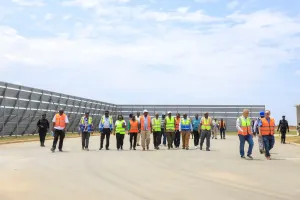

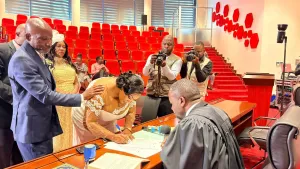

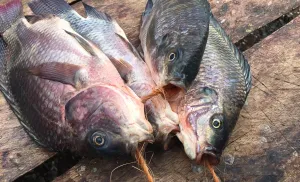




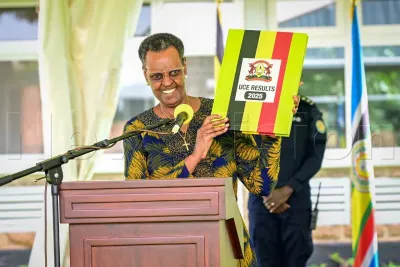
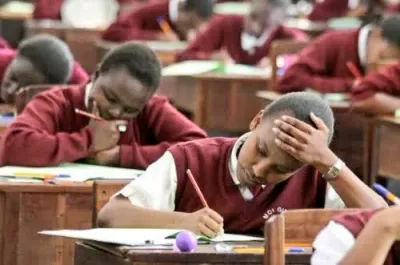
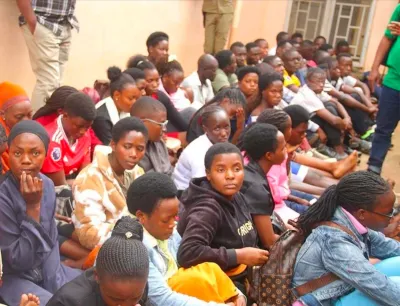
Aldrige Kennedy
Leave a Comment
Your email address will not be published.